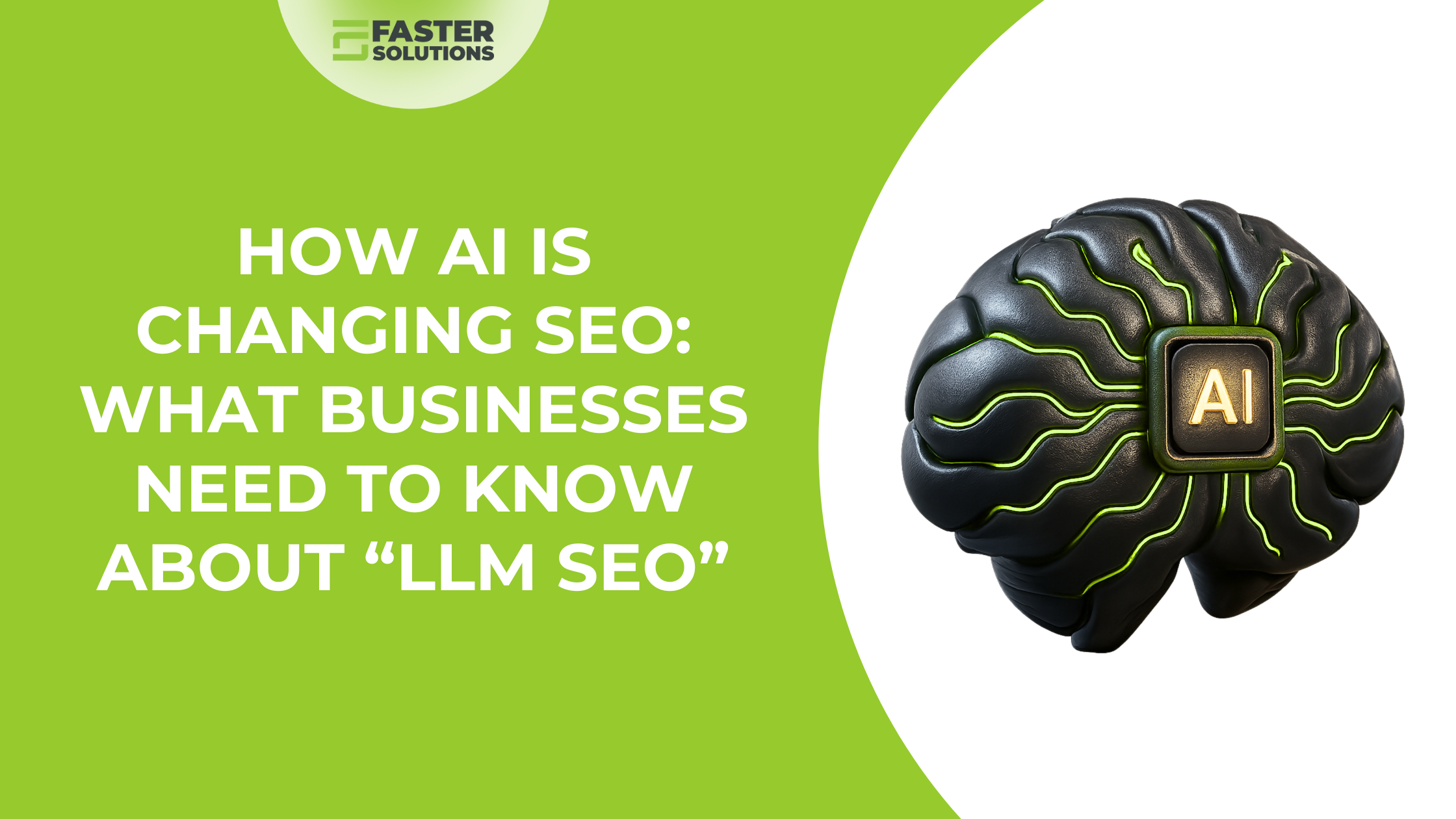
While most people have some level of familiarity with LinkedIn, the real purpose of the site can seem a little unclear. The general concept is a “professional social network” that seeks to connect employers with potential employees, but does that mean you don’t need to worry about LinkedIn if your business isn’t hiring? Should you regularly “post” on your company’s LinkedIn page, and why? Who can, or will, see what you post? Can you reach potential clients using LinkedIn, and how?
Many business owners simply don’t know the answers to these questions, and so they ignore LinkedIn altogether. After all, you might think, what’s the point of investing in a social media network that’s designed to help me find employees, not clients?
To help understand the value of LinkedIn, it’s helpful to think about the site in a different way than a “jobs website.” The true value of LinkedIn is the opportunity to establish your business as an expert authority in your industry. Many of the top brands in the world — Nike, Google, HP, and more — often post updates to their LinkedIn pages multiple times per day. And these updates aren’t just about job openings or what it’s like to work at these companies; they often highlight the company’s achievements, upcoming products, and core principles and values.
As such, the individuals and businesses that “follow” these major brands aren’t simply on the lookout for job openings. Rather, they’re keeping tabs on what the leaders within their industries are doing so they can adjust their own processes, priorities, and goals accordingly. When an update posted by a company is read, shared, and re-shared throughout the network, it establishes that brand as a trusted authority, both within the industry AND on the web.
In the world of digital marketing and particularly SEO, “Authority” is more than just a concept, it’s a measurable factor that plays a significant role in determining where a web page is ranked in search results. When a web page is frequently linked-to from other sites — as well as boasting a high number of views and clear relevance to a particular subject — search engines consider it a “high-authority” page for searches related to that subject.
The structure of LinkedIn encourages sharing web pages and blog posts that both individuals and businesses may want to share with their own employees and co-workers. For example, sharing a post about a new process your team put in place to help solve problems may inspire another business owner to share this story with their employees, increasing the “authority” of your own website — and in the eyes of other businesses and their employees.
This is just one way that LinkedIn can benefit your business in ways far beyond posting employment opportunities. We’d love to work with you to help explore the other opportunities that are available — drop us a line today!





